Mostofa Sarwar Farooki's most renowned work was a huge success, premiering as the closing film at Busan, winning awards at Asia Pacific Screen, Kolkata and Dubai, and screening in festivals all over the world, before becoming Bangladesh's submission for Best Foreign Language Film at the 86th Academy Awards.
“Television” is streaming at Hoichoi
The story takes place in a village, where the local leader, Amin, considers almost every device that can show pictures as haram (forbidden by Islamic Law), including television, mobile phones, photographs and computers. As the film begins, his son, Solaiman, asks him permission to buy a mobile phone supposedly because he needs it for his business, but actually to talk more with his girlfriend, Kohinoor, whose father, who has become rich working in Malaysia, easily allowed her the “privilege” of having one. Expectedly, Amin declines, and Solaiman turns to his right hand man, Mojnu, for help, with the latter actually managing to turn Amin around, through sheer cunningness. Mojnu, however, is also in love with Kohinoor and he even professes his love only to be turned down repeatedly. Solaiman knows nothing about this, but his behavior towards his assistant is still that of the bully, much like his father's towards him. When Amin finally allows Kumar Babu, a local teacher, to keep a TV in his house (although just for Hindi people and not for Muslims) all hell breaks loose, and soon the elderly man finds himself facing a rebellion.
Mostofa Sarwar Farooki deals with the concept of the clash between tradition and modernity, which in the case of “Television” (and Bangladesh in essence) mostly lingers between sticking to past interpretations of religious law or succumbing to the appeal of “new” technologies. Although the theme is common in international cinema, Farooki's approach is what makes the movie stand out, as the narrative unfolds through the “rules” of social satire, with the comments presented through humor instead of drama, at least for the most part. The main medium of this approach is the love triangle between Solaiman, Kohinoor and Mojnu, with the latter's behavior, Solaiman's ignorance and Kohinoor's reaction being continuously hilarious (the scenes with the mustache and the drinking one in particular are truly great ones).
The comedy also extends to the shenanigans various people implement in order to overcome Amin's restrictions, particularly regarding watching TV (again, the scene with the fake huge TV on the beach is a hilarious one).
The sum of the aforementioned concepts, however, also gives a dramatic essence to the narrative, which intensifies as the story progresses. The main medium of this aspect is Amin, who finds himself conflicted over what the people (and eventually, himself) want and what the right thing according to Islamic law is. In one of the best assets of the film, Farooki presents him not as a villain, but a tragic man, with the progression of the story and particularly the shocking finale highlighting the fact in the most eloquent fashion. Amin is the medium of the main comment of the film, that the past (tradition, religious law etc) cannot stop progress and that the people who represent it are in danger of ending up alone, forgotten by everyone, if they do not manage to adapt.
Since the narrative is mostly character-driven, the acting aspect emerges as a rather significant one for the title, and it is easy to say that the whole cast's performances are of the highest level. Mosharraf Karim as Mojnu is the main source of comedy, and his rendition of a tragic-comical character is one of the film's anchors, particularly the way he expresses himself both through speech and through his body and look with equal prowess. Nusrat Imrose Tisha as Kohinoor is equally convincing in both the comedic and the dramatic scenes, as a woman in love, a tease, and a victim of the circumstances. Shahir Huda Rumi is the main source of drama as Amin and his presentation of the downward spiral a leader of the community experiences is impressive.
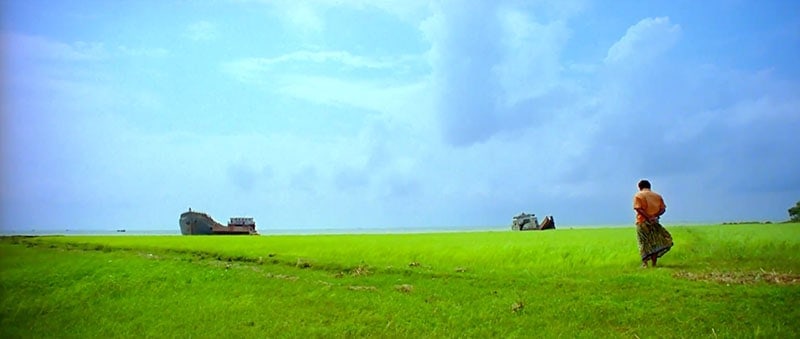
Technically, the film is also on a very high level. Golam Maola Nobir's cinematography highlights the various rural areas the movie was shot in the best fashion, with particular his use of color being occasionally impressive. The scenes that include the sea, the fields, and the sky are quite beautiful, while the tracking shots across the river also work quite well. His biggest trait, however, is the way his framing frequently reminds of a TV screen, thus connecting the visual aspect of the narrative with the contextual in the most artful fashion. Razon Khaled's editing induces the production with a relatively fast pace that suits its aesthetics quite nicely, while special mention should be given to Golam Kibria's production design, particularly for the construction of the TV-like stage.
“Television” is a film artful and entertaining, as it is important, and probably the perfect introduction to Farooki's unique style of cinema.


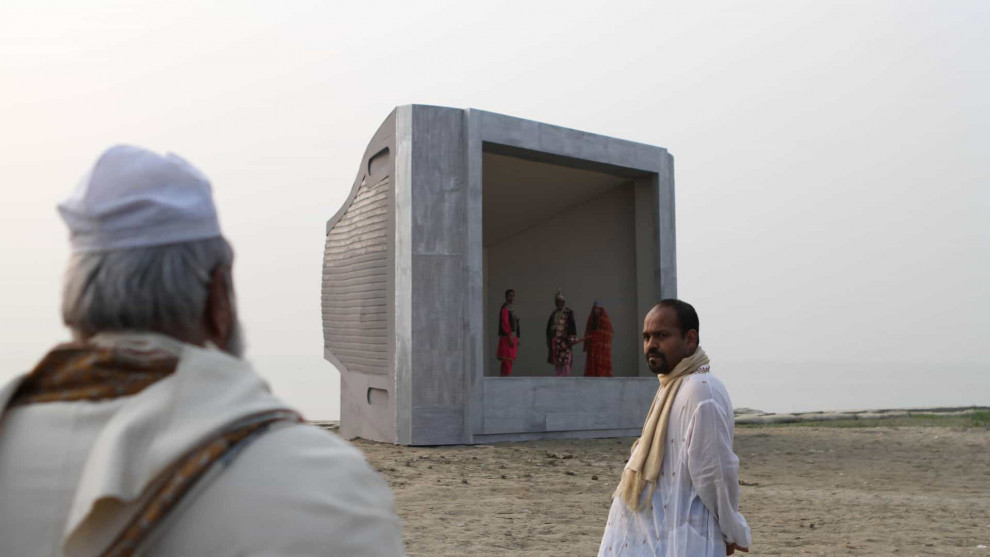
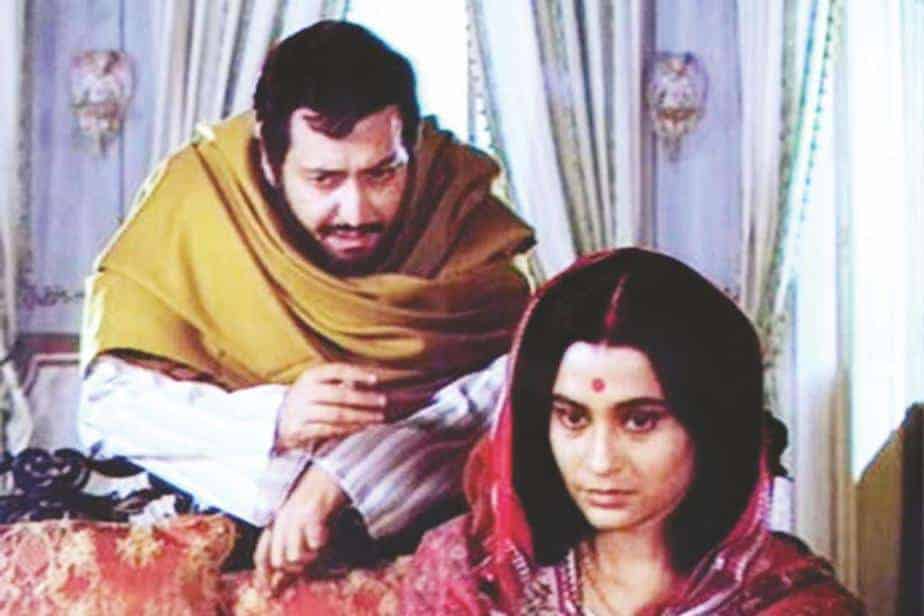
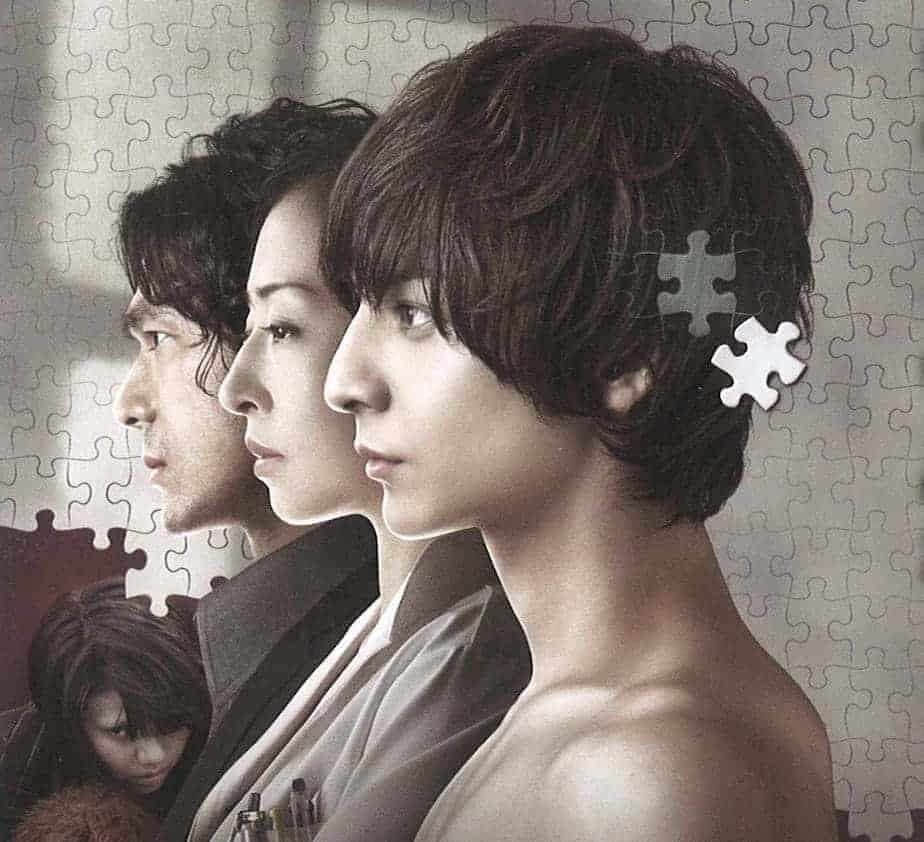
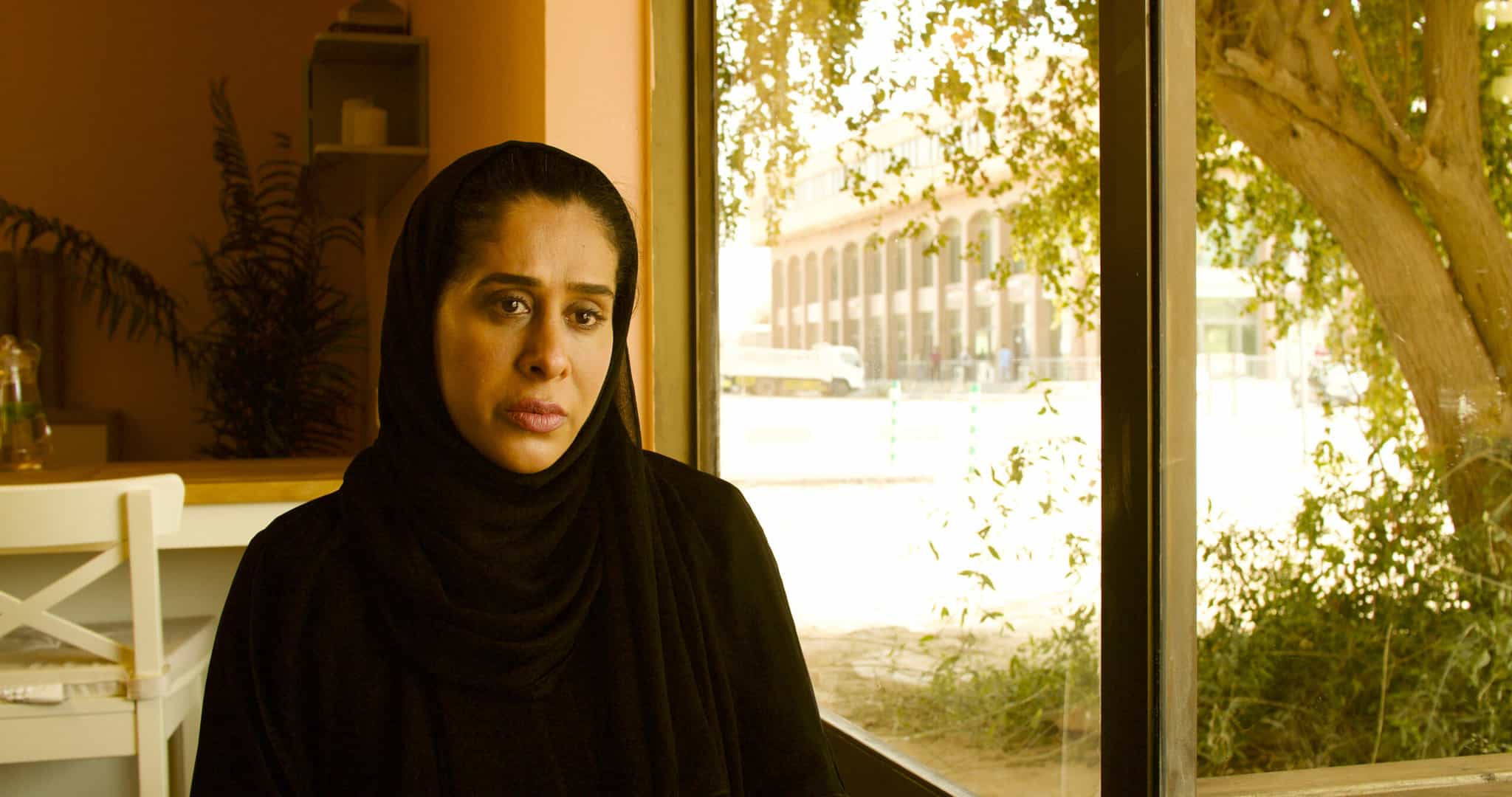
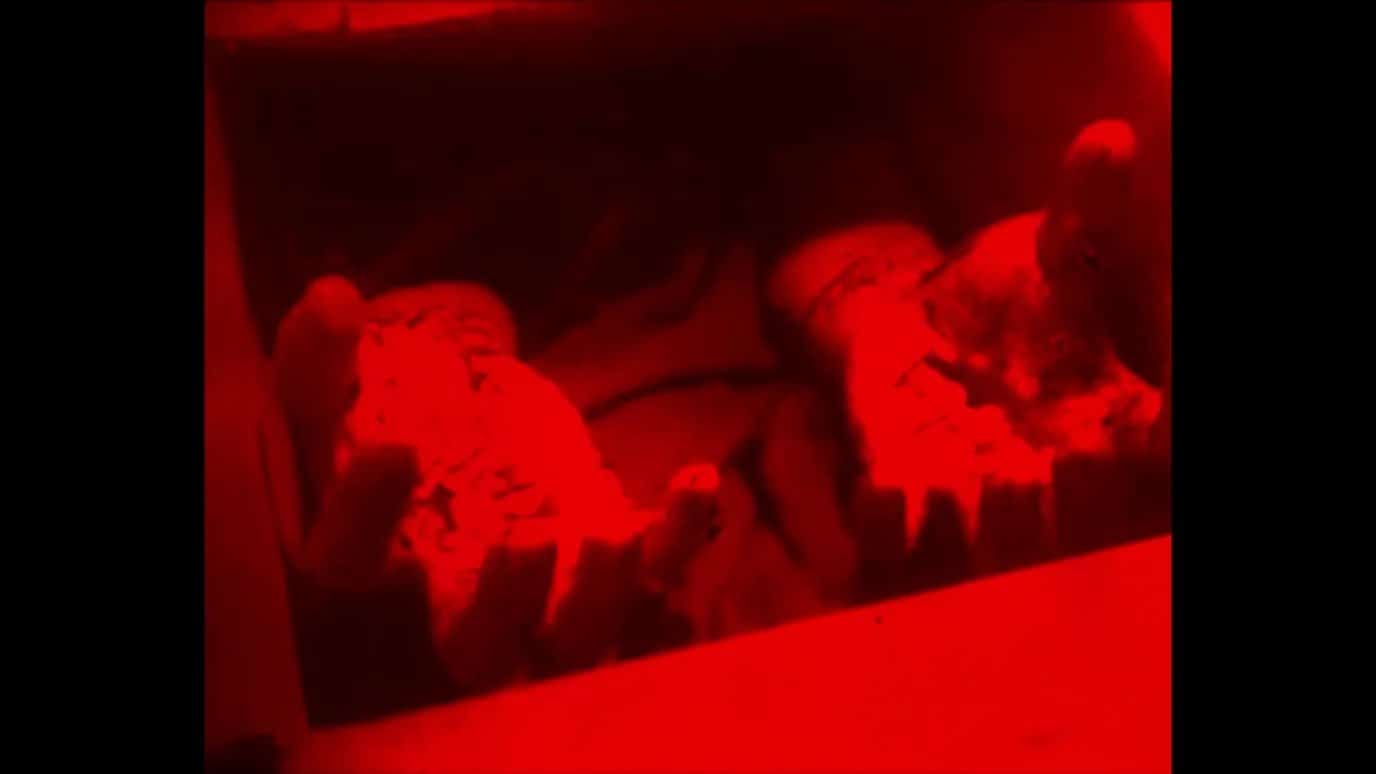

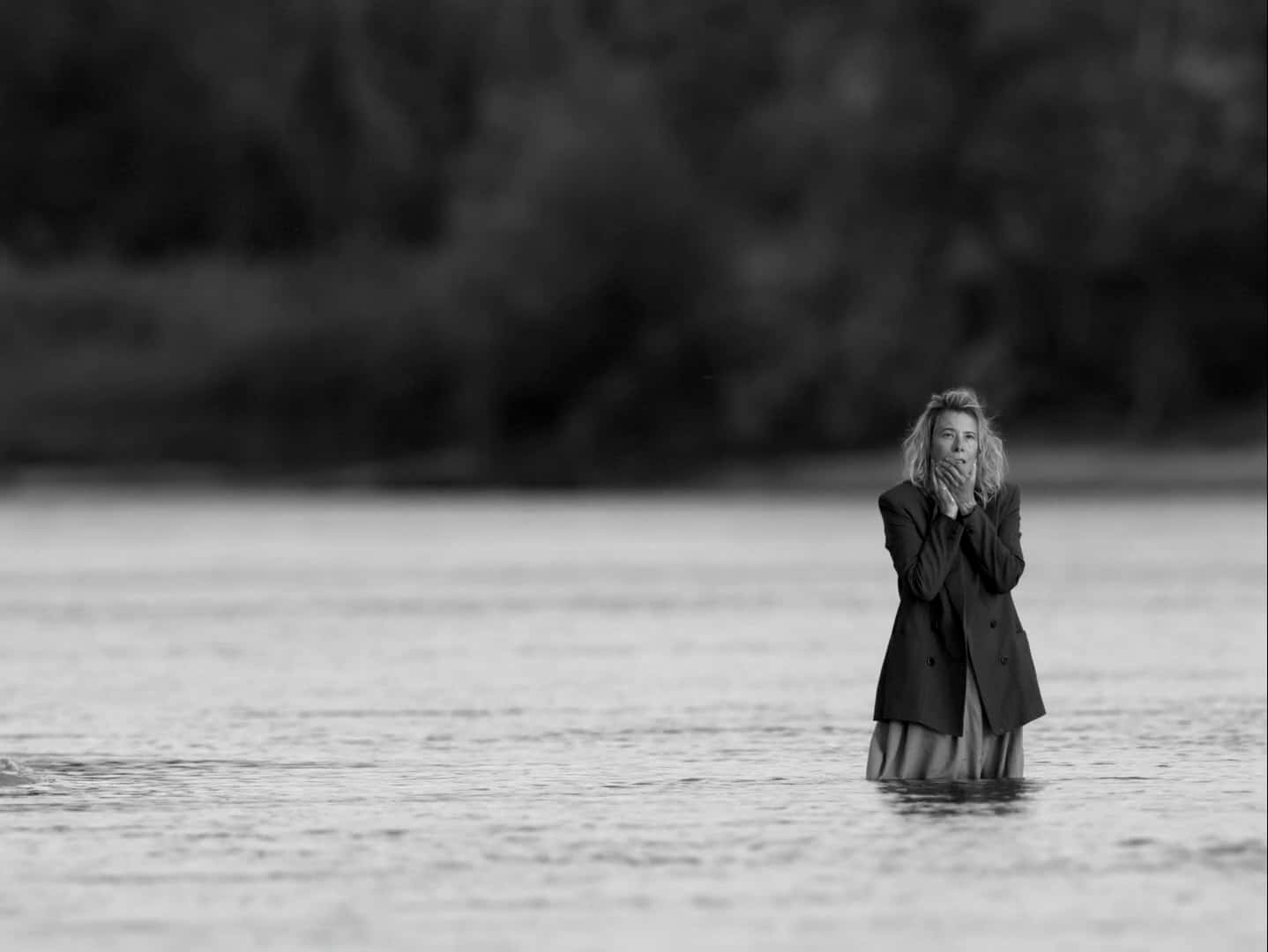







It feels good that you are writing about Bengali movies
It is a real pleasure discovering this relatively unknown cinema